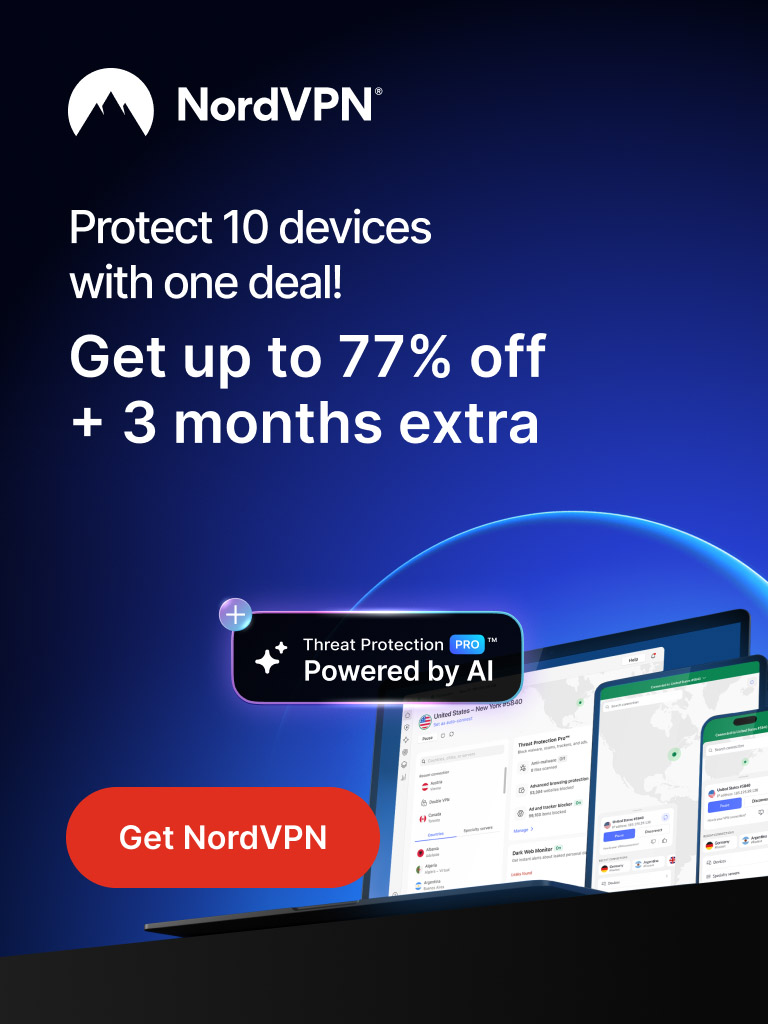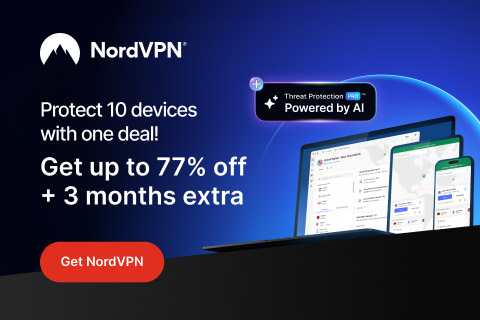Stay Private. Stay Secure. Stay Free.
Trusted by millions worldwide – protect your online life with #1 VPN
- ⚡ Blazing-fast speed on every server
- 🔒 Military-grade encryption & protection
- 🌍 Access content globally without limits
- 📱 Up to 10 devices with one account
Introduction:
Internet watchdogs have reported a significant increase in VPN usage amidst growing cybersecurity threats. This surge in VPN usage signals a heightened awareness among internet users about the importance of safeguarding their online privacy and security.
Why it matters to general internet users:
For the everyday internet user, the rise in VPN usage signifies a proactive approach to protecting personal information from potential cyber threats. VPNs offer a secure and encrypted connection that shields user data from hackers, government surveillance, and other malicious entities on the internet.
Technical or policy implications:
As VPN usage continues to rise, there may be technical advancements in VPN technology to enhance security features and improve user privacy. Additionally, policymakers may consider implementing regulations to ensure the proper use and functionality of VPN services.
VPN brands involved:
Popular VPN brands such as NordVPN, ExpressVPN, Surfshark, CyberGhost, and Private Internet Access are among those experiencing increased demand due to the surge in VPN usage. These brands offer a range of features and services to cater to the diverse needs of internet users seeking online protection.
Real-world applications:
The surge in VPN usage has real-world implications for users across various scenarios. In the workplace, VPNs allow employees to securely access company networks remotely. For individuals seeking to protect their privacy while browsing the internet, VPNs enable anonymous and secure web surfing. Additionally, VPNs enable users to bypass geo-restrictions and access region-locked content on streaming platforms.
FAQ section:
Q: Are VPNs legal to use?
A: Yes, VPNs are legal in most countries and can be used to safeguard your online privacy and security.
Q: Can VPNs slow down internet speed?
A: While using a VPN may result in a slight decrease in internet speed due to encryption, reputable VPN providers offer high-speed connections for minimal impact on browsing experience.
Q: Do I need technical knowledge to use a VPN?
A: Most VPN services are user-friendly and require minimal technical expertise to set up and use. Simply install the VPN software, select a server location, and connect to secure your online activities.
Conclusion and call to action:
The surge in VPN usage underscores the importance of protecting your online privacy and security in today’s digital landscape. Whether you’re working remotely, browsing the internet, or streaming content, using a VPN can help safeguard your sensitive information from cyber threats. Take the initiative to explore reputable VPN options and enhance your online protection today.

